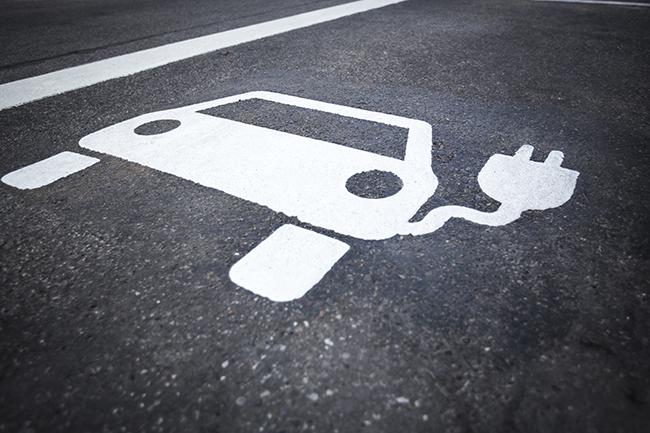EV registrations in the Czech Republic up 45% this year
The Czech Republic ranks 13th in the European Union in the number of charging points with 4,313 charging points at 2,313 stations. However, the growth in the number of new stations in the Czech Republic has slowed down in 2023. While 634 chargers were added last year, another 390 were put into operation in the first three quarters of 2023. Building infrastructure for electromobility and clean transport also has the support of the public sector and the European Union, with ongoing and planned subsidy programmes allowing municipalities to receive up to 85% of funding for new projects. The number of EVs in the Czech Republic is also growing, with a 45% increase in the number of registered EVs from the beginning of the year to the end of September 2023.
The Czech infrastructure of public charging stations for electric vehicles is growing every year, with 2,313 charging stations across the Czech Republic with 4,313 charging points, according to data from the Ministry of Industry and Trade. Most of them are in Prague (26.2%), the Central Bohemian Region (15%) and the South Moravian Region (11.3%). The Czech Republic ranks 13th in the EU in the number of charging stations, with the highest number in the Netherlands, Germany and France.
However, the installation of new charging stations on Czech roads is continuing, with 634 new charging stations put into operation last year, and a similar increase is expected this year, with 390 new charging stations installed in the first three quarters of this year. "It is used to identify so-called white spots, where locations for the location of new public charging stations are selected, taking into account the existing stations, their performance parameters and traffic intensity," says Jindřich Frič, Director of the Transport Research Centre, which developed the application.
The penetration of electric vehicles in the Czech car market is growing along with the development of infrastructure. According to the latest CDV data, there are 20,232 registered electric vehicles in the Czech Republic, of which 6,268 were registered between January and September 2023 alone. The Czech Republic has 6.7 electric vehicles per public charging point, placing it 6th in the European Union.
The development of charging infrastructure is therefore supported by a number of public institutions, including the European Union. For example, the IROP subsidy programme - Charging and Recharging Stations - will open in 2024, thanks to which municipalities will be able to receive subsidies of up to 85% of the project budget for the construction of charging stations for public transport. At the same time, a similar subsidy programme TRANSGov Modernisation of Public Transport - Alternative Fuel Vehicles for Public Transport will be launched in the middle of next year.
"During this year, our engineers have installed over 100 public charging stations across the Czech Republic. We are striving to make accessible charging stations a common part of the transport infrastructure," says Karel Vaniš, Chief Operating Officer of NTL Forensics, which specialises in the development of infrastructure for electromobility.
The company has already built more than 400 stations in the Czech Republic for major players in the field of electromobility, such as Olife Energy, Innogy and E.on. At the same time, it also focuses on the development of new technologies in the charging of electric vehicles, such as dynamic control, thanks to which charging stations can efficiently distribute power among active charging points and respond to the current state of the grid.
Currently, the input capacity of public charging stations in the Czech Republic exceeds 133 MW, which, according to the Regulation on the introduction of infrastructure for alternative fuels, could be sufficient for about 103,000 battery vehicles. Nevertheless, in some places the charging points are fully occupied, so not only the expansion of public charging infrastructure is gradually taking place, but also its modernisation to higher charging capacities.









